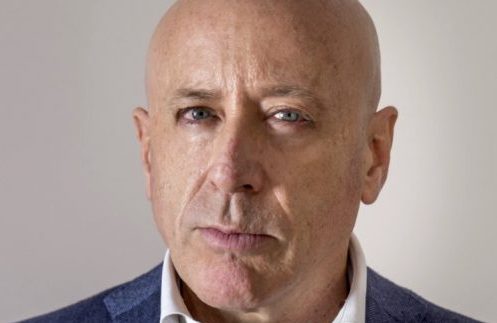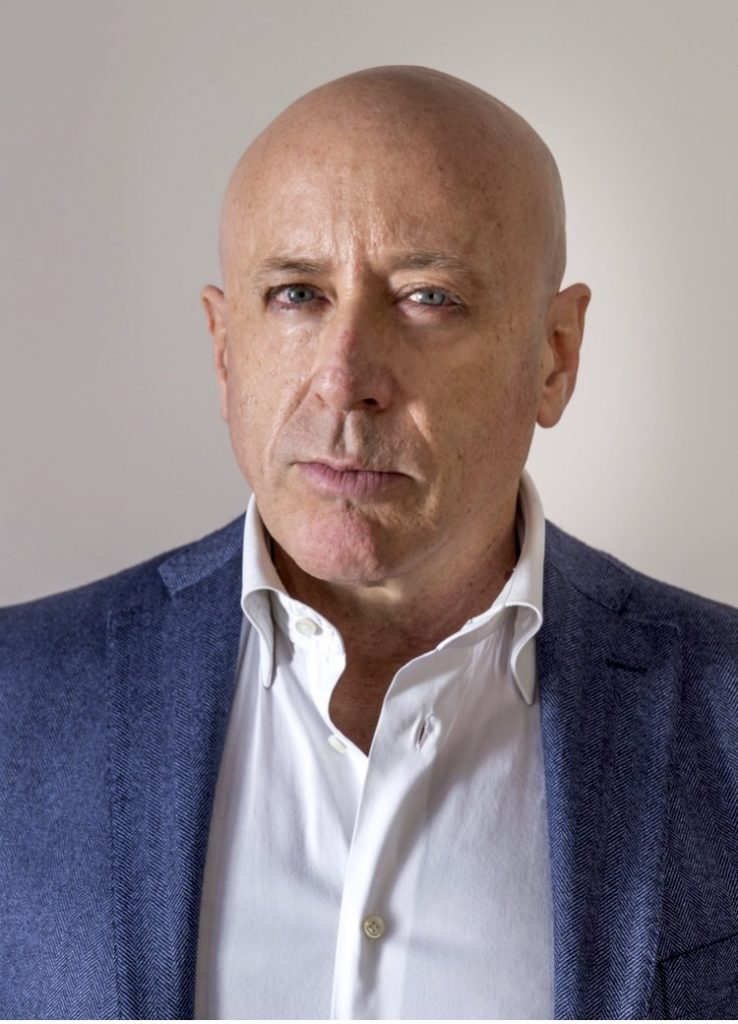Your life in a few lines, just when it started and until when you’re here now
I answer you by quoting a sentence at the debut of my first book (we publish the first chapter in its mother tongue, Italian)
“I was a fantastic blond baby fallen as a feather in the crib of a rich bourgeois family – the father Neapolitan and the mother Sicilian – just at the start of the economic boom in Italy…’’
Right now, after more or less fifty years, I am on the high capacity train linking Naples to Rome to tell about myself and the marvelous adventure of ‘Come me non c’è nessuno’(the title of his book, which can sound more or less Nobody is like me).
It can’t be better than this, it could seem a fairy tale if tales are really true.
Even if it has to be said that every fairy tale encloses also blue moments, as every life.
A particular frame of your life became a dreamy and tactful self-biography which – consciously and acutely – traces also a portrait of a time of the nation dense of crucial changes. Can you tell us how the book came out and what was more gratifying you while writing it?
The book originated by pure chance, as any of the most beautiful things in life.
I became conscious of my childhood and teenage years which happened in decades that nowadays can seem surreal. The 1960s first as a child and the 1980s as a twenty years old young man left in me some permanent marks in terms of emotions, dreams, passions, colors of life because they were rich of vibes, creativity, novelties from any viewpoint. It was the explosion of everything and in particular it was the explosion of the joie de vivre. A day I took the decision to narrate and to tell about myself, to rewind the tape of memories and to get back to that moment in which, as a feather, I was falling into a comfortable crib on the Posillipo hill (Naples). There were of course also melancholy and blue, all the dark moments the kids and the teenagers experience while searching their place in this world. I told therefore also about these frames and while Anton, the main character, was growing between the dark and the sunny side of his life always accompanied by his dreams, also his country and the world changed.
Which companions did you have during your writing sessions – either physical and immaterial?
A computer, my dreams, music which is a constant fellow I have to have to write. Can you imagine a life without music? It is a movie without its score.
When do we see your next duet with the pages to write happening?
Very soon…or never, who knows…
You as a reader: which places, which moments, which methods
I read in the bed at nights, it relaxes me a lot. If the book catches me there is the risk I will happily sleep very late, otherwise if it is less catching I would be easily brought in the hug of Morpheus. I love to read on a shadowed sun chair on the beach at summertimes.
You share your life in more than one Italian city. Which is the one you feel more as yours? What do you feel to get (and to give) to it?
I live mostly between Naples and Rome with many shifts in other cities for work reasons. I escape in the city which is heavily in my heart, Palermo, as much I can. It is my mother’s town, the place of all the teenage times recalls spent at my so beloved grandmother’s house. It is also the city of a so intense periods of my life, full of incredible, warm fondness. Because Sicilian love and hospitality have no rivals.
A talent you have, the one you miss.
My beloved aunt Adriana, who is called Eliana in the book, was always telling me that I had the talent to organize parties and be highly sociable. I was always deeply touched by this affirmation and, given she was a very sensitive woman always keen of other people, I ended into believing into it.
The talents I miss? Too many to be listed here!
Your favorite food and drink?
Clams and parmesan, I can’t live without them!
Apple juice recalls me London in the 1980s and of a period which changed my life forever.
What did you learn from life so far?
To never have certainties and to dream forever.
If a dream doesn’t come true, we will be always luckier with the next one. Because ‘miracles happen to who is brave enough to ask unreasonable questions’ and life without dreams is nothing.
Every here and then I repeat to myself that ‘an utopia cannot last forever’ as somebody told me as a kid.
The sense of this sentence is so strong because it tells us that everything changes. Sad moments will end and shining times will alternate in that pretty unique, astonishing, one-in-a-million game life is.
We do not have alternatives to this reasoning unless we enclose ourselves in a cosmic pessimism. To be sincere, I prefer to dream and to try to see the half full glass, at least until I will succeed to do so!

